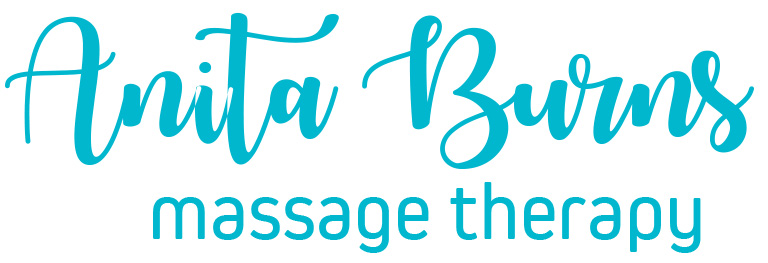Bundaberg based Anita Burns Massage Therapy

Massage therapy is indeed an ancient tradition that has been practiced for thousands of years and continues to be a popular wellness modality today. Rooted in various cultural and historical practices, massage therapy offers a wide range of physical and mental benefits. Here are some key aspects of massage therapy as an ancient tradition for wellness:
- Historical Origins: Massage therapy has deep roots in ancient civilizations such as China, India, Egypt, and Greece. These cultures recognized the healing power of touch and developed specific techniques to promote health and well-being. For example, Chinese Tui Na, Ayurvedic massage, and Egyptian reflexology are ancient massage practices that have influenced modern massage techniques.
- Holistic Approach: Massage therapy takes a holistic approach to wellness by addressing the interconnectedness of the body, mind, and spirit. It recognizes that physical health is closely linked to mental and emotional well-being. By promoting relaxation, reducing stress, and restoring balance, massage therapy aims to enhance overall wellness and harmony.
- Stress Reduction and Relaxation: One of the primary benefits of massage therapy is its ability to reduce stress and induce relaxation. Through the application of various techniques, such as effleurage, kneading, and gentle stretching, massage stimulates the parasympathetic nervous system, promoting a state of deep relaxation. This helps to alleviate physical and mental tension, improve sleep quality, and enhance overall stress management.
- Improved Circulation and Pain Relief: Massage therapy promotes better circulation by manipulating soft tissues and increasing blood flow to muscles and organs. Improved circulation facilitates the delivery of oxygen and nutrients to the tissues while aiding in the removal of metabolic waste products. This enhanced blood flow can help relieve muscle soreness, reduce pain, and support the body’s natural healing process.
- Muscle Relaxation and Flexibility: Massage therapy techniques such as kneading, stretching, and deep tissue work help relax tight muscles, release muscular tension, and alleviate muscle imbalances. By targeting specific areas of discomfort or tightness, massage therapy can improve flexibility, range of motion, and muscle function. This can be particularly beneficial for athletes, individuals with occupational strain, or those recovering from injuries.
- Emotional and Mental Well-being: Massage therapy has a positive impact on emotional and mental well-being. It can help reduce anxiety, depression, and symptoms of stress-related disorders. The nurturing touch and release of endorphins during a massage session promote a sense of relaxation, improved mood, and emotional balance. Regular massages can contribute to a greater sense of self-awareness, mindfulness, and emotional resilience.
- Complementary Therapeutic Approach: Massage therapy often complements other wellness practices and therapeutic modalities. It is frequently incorporated into holistic healthcare settings, alongside disciplines such as chiropractic care, acupuncture, physical therapy, or aromatherapy. Integrating massage therapy with other therapies can enhance their effectiveness and provide a comprehensive approach to wellness.
Throughout history, massage therapy has evolved and adapted to various cultural practices and healthcare traditions. Today, it continues to be embraced as an effective modality for promoting physical, emotional, and mental well-being. By drawing on ancient knowledge and techniques, massage therapy remains a valuable and time-honored tradition for supporting overall wellness.
